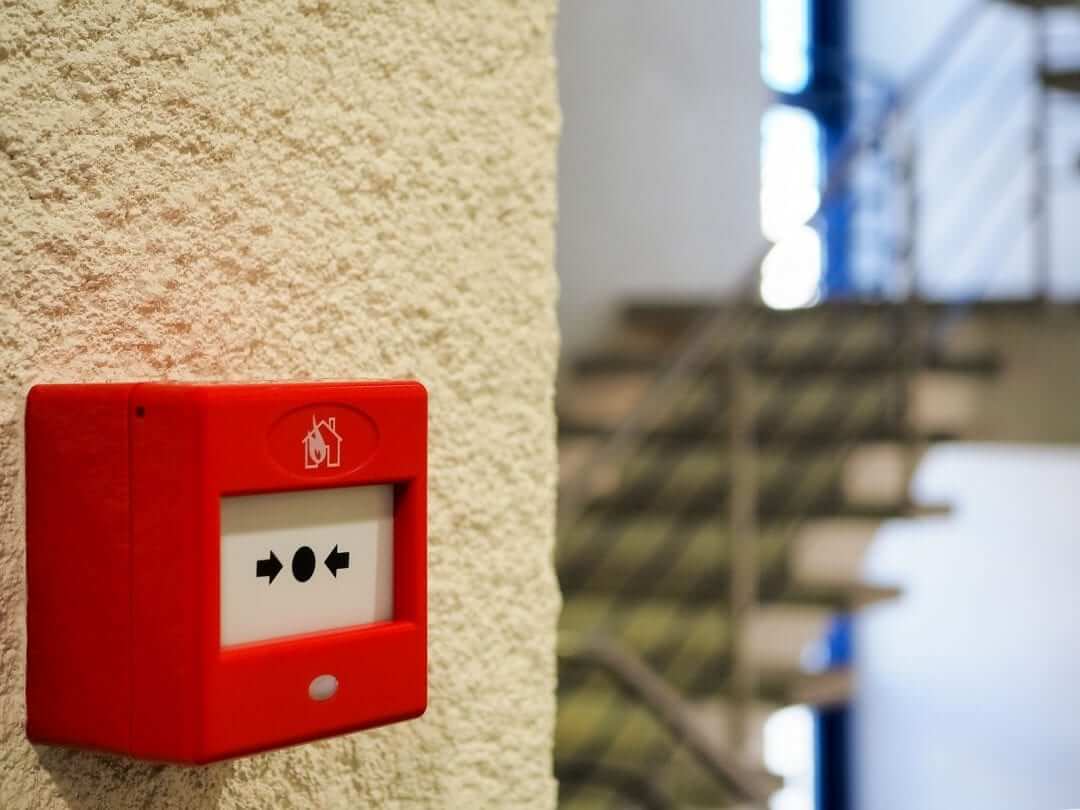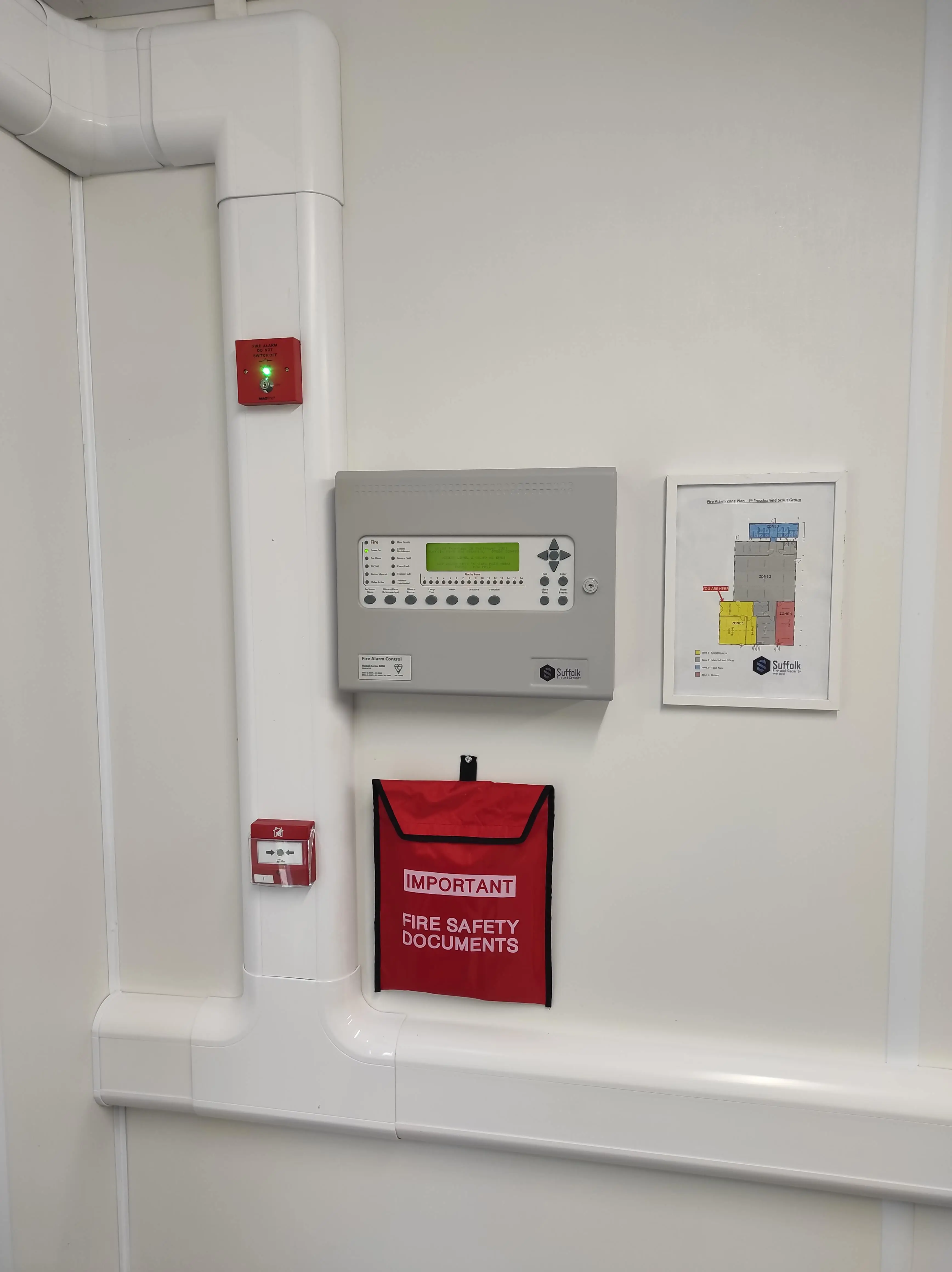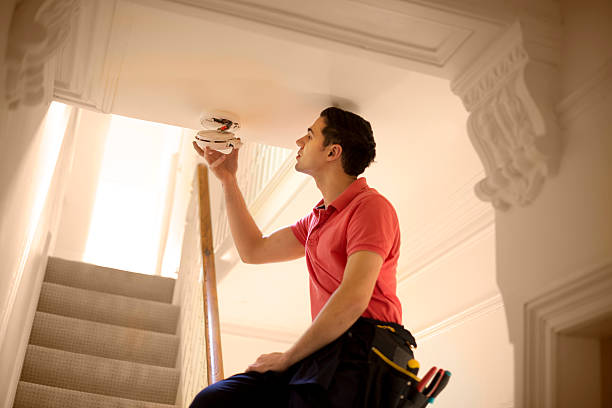The British Standard for fire alarm installation is BS 5839, a comprehensive code of practice that provides guidelines for the design, installation, commissioning, and maintenance of fire detection and alarm systems in buildings. BS 5839 is divided into multiple parts, with Part 1 covering non-domestic premises and Part 6 focusing on domestic dwellings. The standard is designed to ensure that fire alarm systems provide reliable early warning of fire, allowing for safe evacuation and minimizing property damage. Compliance with BS 5839 is crucial for businesses, landlords, and care home operators, as failure to adhere to these guidelines could result in legal repercussions and increased fire risk. Key aspects of BS 5839 include system categorization (such as L1, L2, L3, L4, and L5 for life protection and P1 and P2 for property protection), detector placement, alarm audibility, and system testing requirements. The standard also details responsibilities for system maintenance, ensuring that fire alarms remain in proper working condition throughout their lifecycle.
Fire Alarm Maintenance & Upgrades in Bristol - Control Panel – The main unit that monitors inputs and activates alarms
- Aspirating Smoke Detection System – Detects smoke particles in the air before they become visible
- Monitoring Service – A third-party service that monitors alarms and alerts authorities
- Occupants – Individuals who need to respond to fire alarms
Regular inspections and testing are mandated, with recommendations for weekly, monthly, and annual checks. Ultimately, adherence to BS 5839 is vital for safeguarding lives and property, ensuring that fire detection and alarm systems perform effectively in the event of an emergency.
Fire alarms are compulsory in many countries and regions, particularly in residential and commercial buildings. Laws and regulations vary, but most jurisdictions mandate fire alarms to enhance fire safety and prevent loss of life. In homes, smoke alarms are required in specific areas, such as bedrooms, hallways, and near kitchens, to ensure adequate coverage.
Fire alarms are typically not free, but there are exceptions. Many local fire departments and community organizations provide free smoke alarms to vulnerable groups, including the elderly, disabled, and low-income households. Government programs and fire safety initiatives may also distribute free alarms as part of broader fire prevention efforts.


